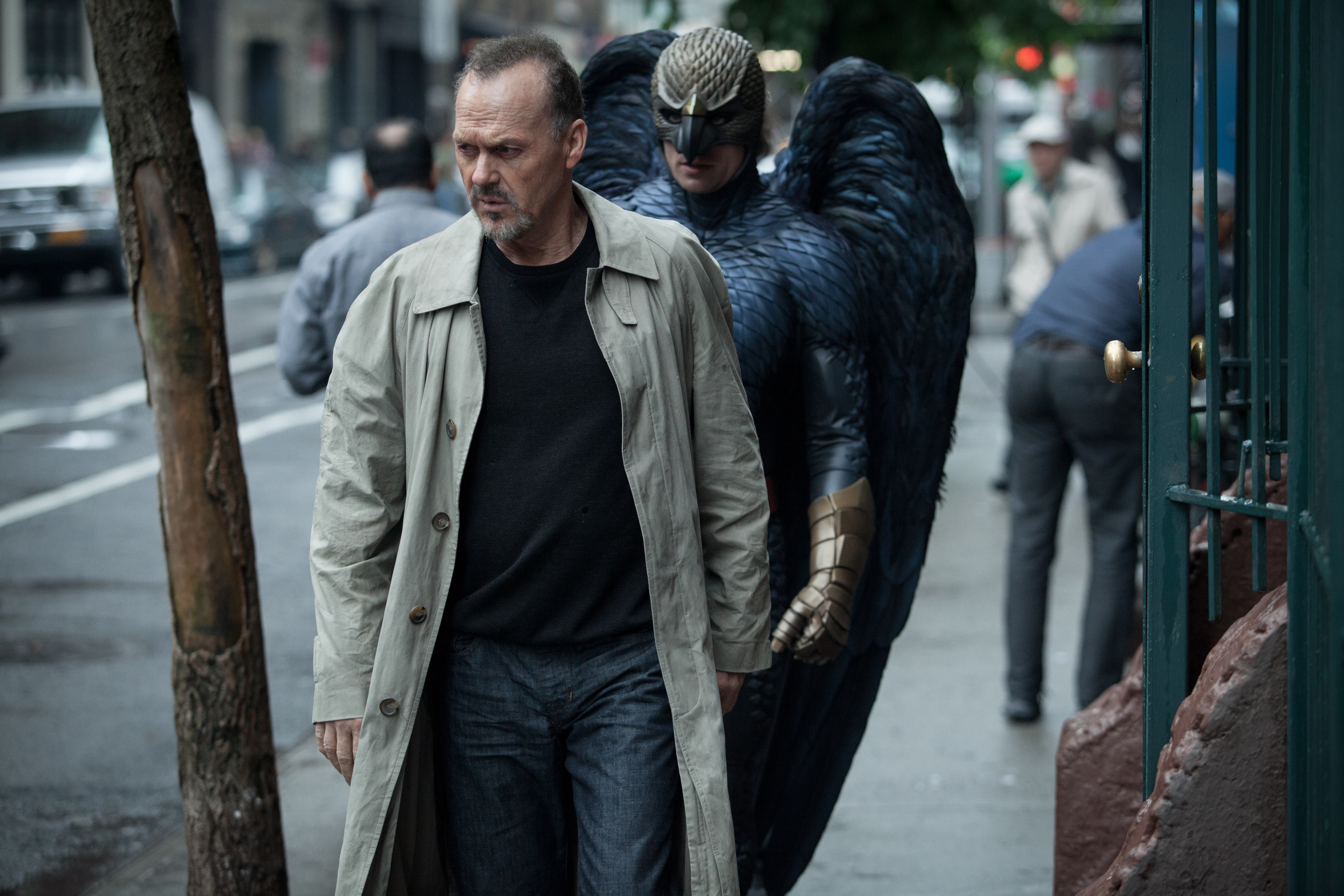Every introductory film class begins with one of cinema’s greatest tales: In 1896, the Lumière brothers screened a 50-second silent film called, in English, The Arrival of a Train at La Ciotat Station. As legend has it, when the gigantic train rolled toward the camera, people in the audience were so afraid they ran screaming for the exits.
While ultimately debunked, the myth, like any myth, says more about its culture than it does about an isolated incident. Movies have the power to dupe, and we as an audience allow ourselves to be duped. We pay absurd prices for it. Classical Hollywood editing was built around this model. And the more deceptive the magic trick, the happier we are. Even when the French New Wave and other, more “abrasive” movements subverted the old cinematic style and assaulted the viewer, there remained a wonder pertaining to the movies—how did they do that?
Have you ever wondered what it would be like to see your favorite movie again for the first time? To see Luke using the force? To watch Neo dodge bullets? To witness a train hurtling toward you?
With Birdman or (The Unexpected Virtue of Ignorance), Alejandro González Iñárritu and company have created one of those movies you wish you could see again for the first time: a nuanced story, funny as it is dark; phenomenal acting across the cast; and two hours of a single technical magic trick that, like all great magic tricks, blows your mind and piques your curiosity while never revealing its methods because in truth you don’t want to know. You want the magic to live as long as it can.
Birdman is the story of Riggan Thomson (Michael Keaton), a washed-up Hollywood actor bankrupting himself to produce a Broadway adaptation of a Raymond Carver narrative. Complicating what should be a fairly simple stage production are the people crumbling around Riggan: a pregnant girlfriend, a drug addict daughter, the antics of his love-entangled castmates. As the play derails toward opening night, Riggan begins losing hold of his already-tenuous sanity.
Keaton was the obvious choice for Riggan, cap tipped to his real-world Batman legacy. Far be it from Keaton to phone it in, though. He plays Riggan with great sentimentality, wallowing in the character’s despondence privately but always carrying a jovial spark, especially with those around him. What’s even more enjoyable is the balancing act Keaton performs while hamming it up (in the best possible way) during comedic scenes. As dark as Birdman can be at times, it also possesses a great amount of playfulness, whether it’s leveling jabs against Hollywood, actors and they’re idiosyncratic asshole-ness, or just realizing that this guy thinks his former alter-ego is talking to him.
Everybody looks like they’re having a blast making the movie, even when things are going dark, no one more so than Ed Norton, whose irritating-yet-brilliant stage vet Mike Shiner get more ridiculous as the movie progresses, getting drunk during a drinking scene and trying to actually fuck his girlfriend on stage to make another scene more realistic. Naomi Watts, Zach Galifianakis, and Andrea Riseborough also deliver solid performances, though they seem to only pop in and out of the narrative.
Let’s consider what follows here to be a spoiler, even though it doesn’t relate to the plot in any way. Read on at your own discretion.
This is in part due to the film’s aforementioned magic trick. Whoever is responsible for what can only be described as a two-hour long shot deserves every award imaginable to man. The film opens on Riggan, hovering in the air before following the actor throughout his day at the theater. The viewer looks for the inevitable cut to the next scene, but it never comes. By some sort of demonic witchcraft we follow the entire story, through multiple days and nights, outside the theater and into the bar and even through Times Square, in what appears to be one continuous take. Not only is Birdman a masterpiece in visual effects, but also in camera movement, blocking, and storytelling. The film runs like a single thread, zigzagging along for two-hours that feels so much shorter. The effect is nearly indescribable, much as I would imagine are the early effects seen in The Arrival of a Train …, Star Wars, and The Matrix. It can’t be described because it’s such a novel technique that the language doesn’t really exist (or I’m just not good enough a writer) to describe it.
Maybe the everyday joe won’t care about the technique—and that’s fine, because if Birdman were shot like any other flick it would still stand out as one of the most impressive character studies in years. That said, there’s something wonderful about the trick, about the fact that this movie is so seamless that you stop bothering to even look for the seams. That’s real magic.
